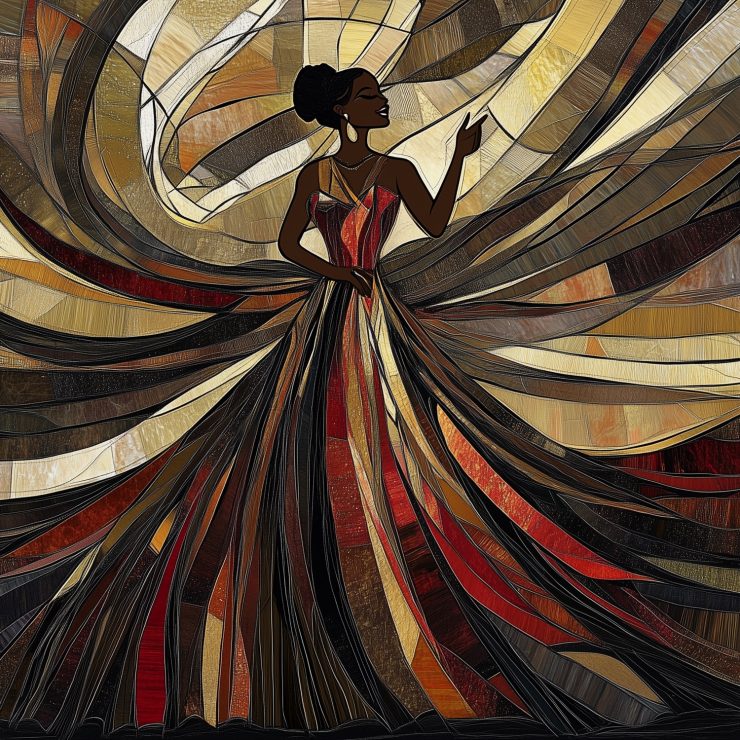Discover why adding diversity to the cast could be the key to making opera, the classic art form, accessible to all.
I love opera! Maybe it’s because I grew up surrounded by music and singing, so I had to learn to appreciate it early on. Every voice teacher I had insisted on making me sing Italian art songs and operatic arias. At the time, I hated it—I wanted to be belting out Christina Aguilera hits, not songs in languages I couldn’t even understand. But thank goodness for those teachers because, over time, I learned just how magnificent it really is. I’ve always wished it could become more accessible to everyone, and one way to make that happen is by adding more diversity to the cast.
When opera embraces diversity, it breathes new life into age-old stories, making them more relatable and impactful for a wider audience. Plus, let’s be honest—seeing a cast that mirrors the multicultural world around us makes the whole experience more authentic and powerful. Diverse voices, stories, and perspectives don’t just make it better; they truly celebrate what it means to be human. So, whether on the stage or in the audience, diversity in opera isn’t just important—it’s essential.



![Allison After NXIVM: Allison Mack Tells Her Story [Podcast Review] Allison After NXIVM: Allison Mack Tells Her Story [Podcast Review]](https://www.hollywoodreporter.com/wp-content/uploads/2018/05/leonardosantamaria_thr_allisonmack2_illo_splash.jpg?w=1440&h=810&crop=1)
![The Dream Home of Country Legend Patsy Cline [Music History] The Dream Home of Country Legend Patsy Cline [Music History]](https://i.pinimg.com/1200x/3d/72/04/3d7204808158c7ee03bf593f224a5e61.jpg)

